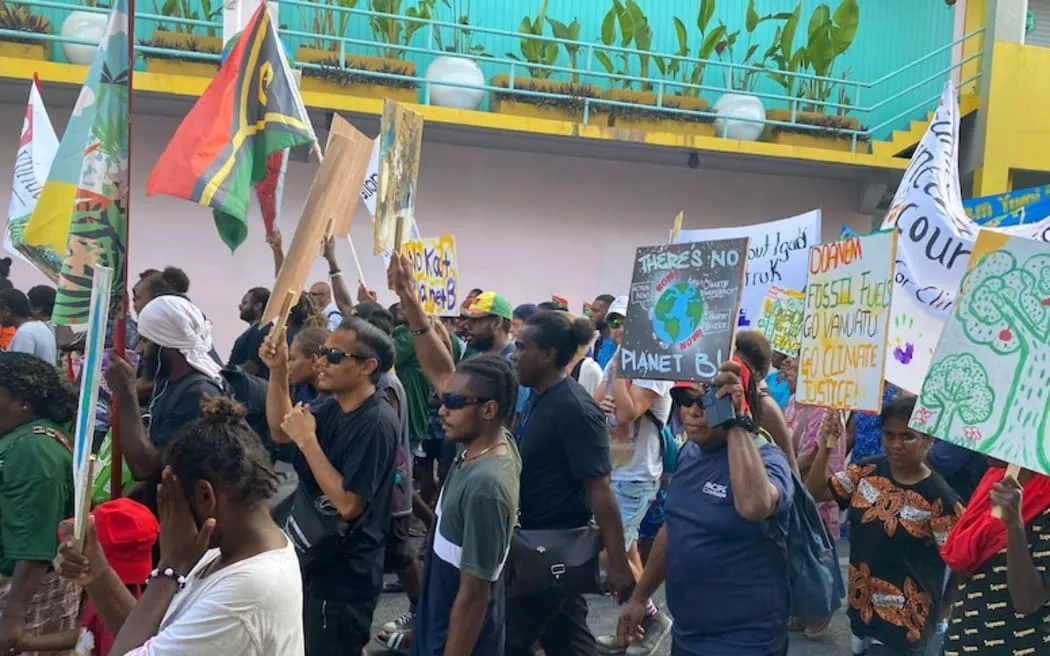A New Frontier in Climate Justice: Vanuatu’s Quest to the International Court of Justice
Vanuatu, a small Pacific island nation, has taken a bold step towards seeking justice for climate change by initiating a case at the International Court of Justice (ICJ). The country’s special envoy to climate change, Ralph Regenvanu, is leading the effort to secure an advisory opinion from the ICJ on the legal responsibilities of countries in relation to climate change.
The Case: A Break with International Law
Regenvanu argues that countries that contribute to climate change by emitting greenhouse gases are breaking international law. He believes that this conduct is a breach of international law and that those responsible should face legal consequences. The case seeks an advisory opinion from the ICJ on two key questions: what are the obligations of states under international law to protect the climate and environment, and what are the legal consequences for states that have caused significant harm to the climate and environment.
Oral Submissions and a Ruling
Hearings at the ICJ began in The Hague, with Vanuatu presenting its case on Monday morning. Dozens of countries will make oral submissions during the next two weeks, providing their perspectives on the case. While any ruling from the ICJ will be non-binding, Regenvanu hopes that it will provide a clear and definitive message on the obligations of states to protect the climate.
A New Benchmark for International Law
Regenvanu believes that a strong legal opinion from the ICJ could help clarify the UNFCCC (UN Framework Convention on Climate Change) process, which has been plagued by delays and inaction. He notes that COP29 in Baku was frustrating, with high-emitting states continuing to pursue fossil fuel production and development of new oil and coal fields. A ruling from the ICJ would provide a clear line in the sand, saying that “international law says you cannot do this.”
A Call for Accountability
Pacific climate change activist Coral Pasisi agrees that a strong legal opinion from the ICJ could hold polluting countries accountable for failing to reach their climate targets. The Pacific Community (SPC) director of climate change believes that the current lack of consequences for countries not meeting their goals is a major obstacle to progress.
A New Path Forward
While the outcome of the case is uncertain, Regenvanu’s efforts have sparked a global conversation about the need for action on climate change. As he says, “We’re hoping for a new benchmark in international law which basically says if you pollute with cumulative global greenhouse gas emissions, you cause climate change, then you are in breach of international law.” This could be a turning point in the fight against climate change, providing a clear and definitive message from the ICJ that will resonate around the world.
Conclusion
Vanuatu’s quest to the International Court of Justice is a bold and necessary step towards securing justice for climate change. As the world grapples with the challenges of global warming, it is essential that we recognize the need for accountability and action from countries that contribute to this crisis. The ICJ case has sparked a global conversation about the obligations of states under international law to protect the climate, and the potential consequences for those who fail to act. As Regenvanu says, “So at least we’ll have something, sort of a line in the sand.”

0 Comments